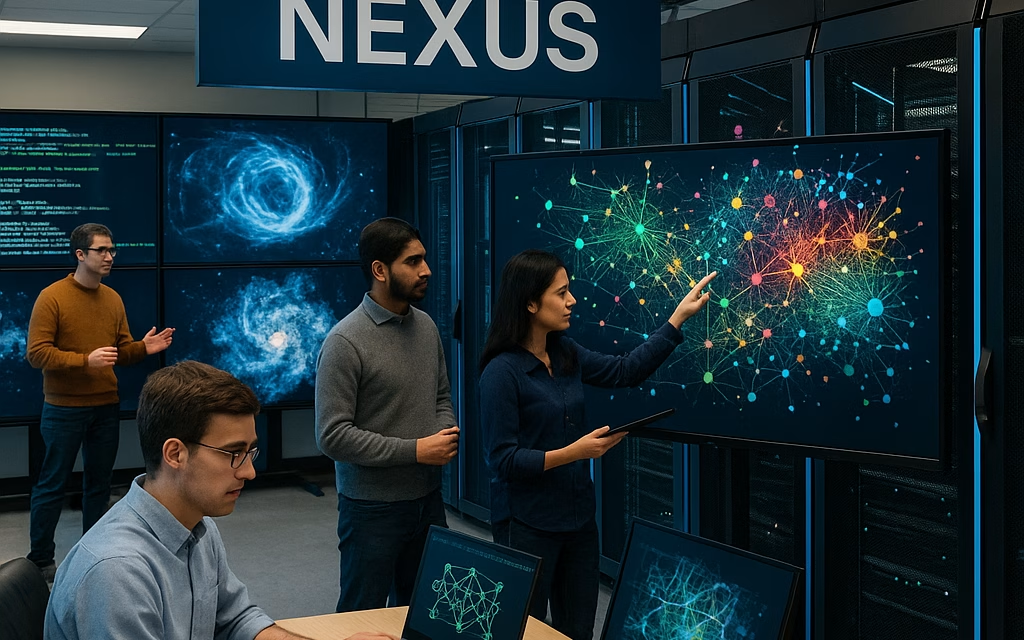July 15, 2025 – In a significant boost to America’s scientific computing capabilities, the National Science Foundation (NSF) has awarded Georgia Tech and its partners $20 million to build a powerful new AI supercomputer called Nexus that will use artificial intelligence to accelerate scientific breakthroughs across multiple disciplines.
Nexus: The Next Generation of Scientific Computing
The Nexus supercomputer represents a new paradigm in scientific computing, specifically designed to leverage AI for accelerating research and discovery. Unlike traditional supercomputers that primarily focus on raw computational power, Nexus will integrate artificial intelligence capabilities to enhance scientific problem-solving across fields ranging from materials science to climate research.
“Georgia Tech is proud to be one of the nation’s leading sources of the AI talent and technologies that are powering a revolution in our economy,” said Ángel Cabrera, president of Georgia Tech. “It’s fitting we’ve been selected to host this new supercomputer, which will support a new wave of AI-centered innovation across the nation. We’re grateful to the NSF, and we are excited to get to work.”
Building on Georgia Tech’s AI Leadership
Georgia Tech’s selection as the host institution reflects its established position as a leader in AI research and education. The university is already home to the PACE Hive Gateway supercomputer, demonstrating its expertise in managing high-performance computing infrastructure. The addition of Nexus will further cement Georgia Tech’s role as a national hub for AI-driven scientific research.
The $20 million investment represents a significant commitment to advancing the intersection of AI and scientific discovery. The supercomputer will be designed to support researchers nationwide, providing them with the computational tools needed to tackle complex scientific challenges that require both massive processing power and intelligent algorithms.
Accelerating Scientific Discovery Through AI
Nexus will enable researchers to apply AI techniques to scientific problems in ways that were previously impossible. This includes using machine learning to identify patterns in complex datasets, employing AI to optimize experimental designs, and leveraging neural networks to model complex physical phenomena.
The supercomputer’s AI capabilities will be particularly valuable for interdisciplinary research, where traditional computational approaches may fall short. By combining the pattern recognition capabilities of AI with the computational power of a supercomputer, Nexus will open new frontiers in scientific discovery and innovation.
This investment underscores the critical importance of AI infrastructure in maintaining America’s scientific and technological leadership, providing researchers with the tools they need to make breakthrough discoveries that will benefit society as a whole.
]]>
